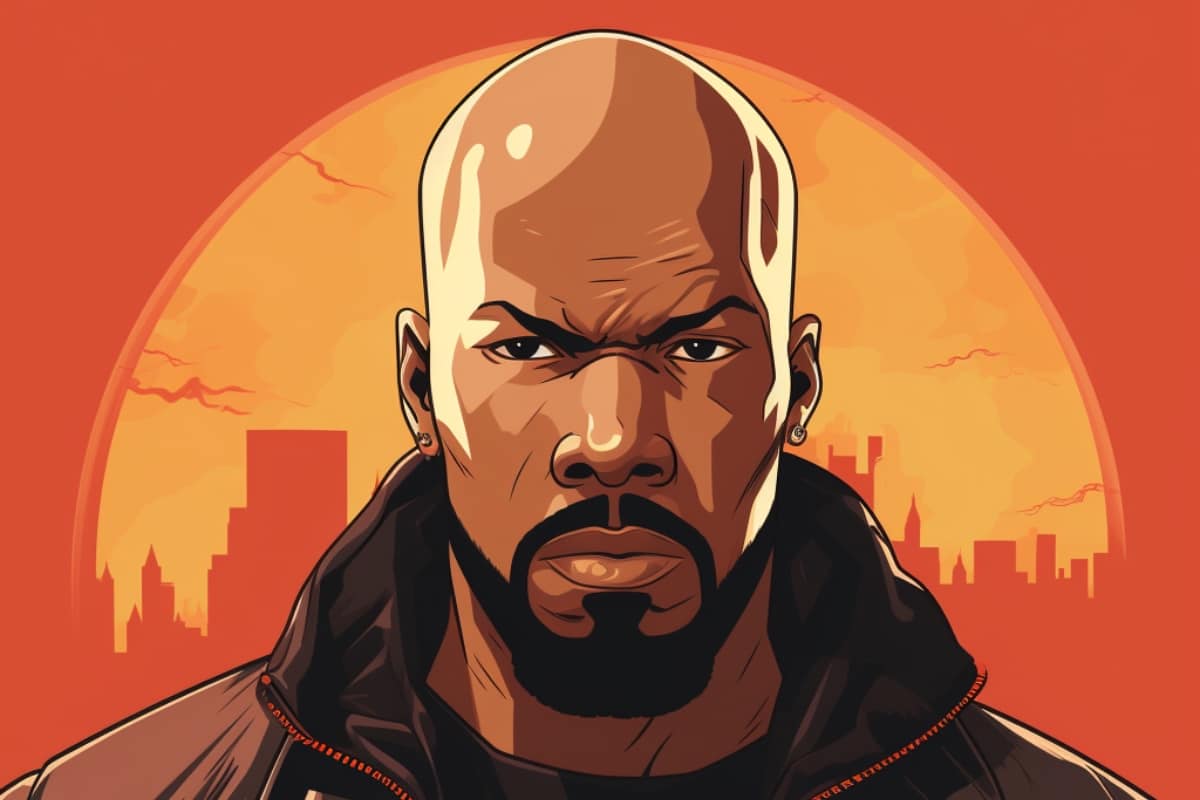As one of the most lyrically potent figures in hip hop, Common has crafted a discography that’s as sprawling as it is spiritually profound. With a career spanning over three decades, this Chicago-native has never shied away from using his platform to articulate societal issues and share his insights about love, life, and, of course, his love for the art of rapping.
Tracing his path from a fresh-faced newcomer in the early ’90s to the sage, seasoned emcee he is today, each of his albums tells a story, forming a chapter in a larger narrative. From his experimental exploration in Electric Circus to the introspective nature of Be, Common’s artistry has consistently balanced commercial appeal and lyrical depth, taking listeners on a journey through his thoughts and experiences.
Whether it’s his exploration of social issues in Black America Again, a heartfelt tribute to his hometown in Nobody’s Smiling, or the soulful celebration of life in Like Water for Chocolate, Common’s discography is a testament to his talent, artistic evolution, and position as one of the greatest rappers of all time.
So let’s get into it. From his unpolished but promising debut, Can I Borrow a Dollar?, to his 2005 magnum opus, Be, and 2007’s Finding Forever, we rank every Common album, from worst to best.
Universal Mind Control
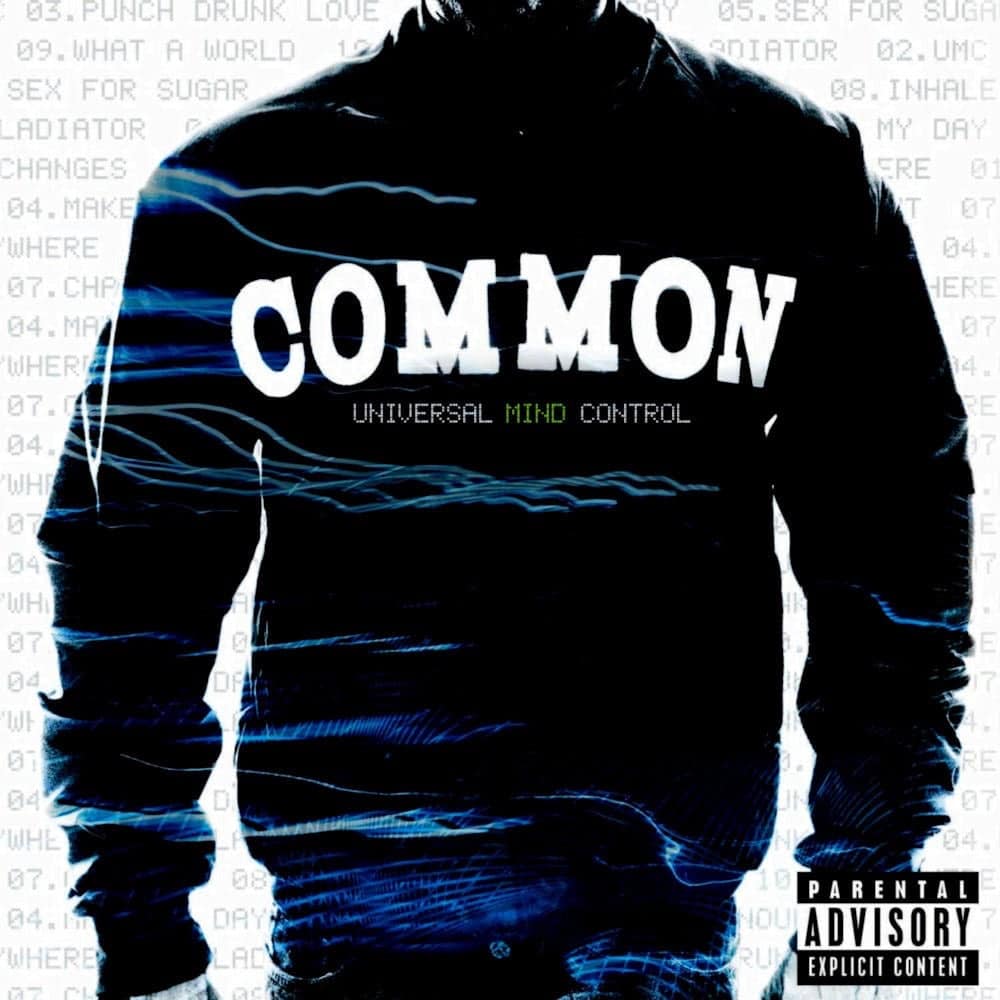
Released: December 9, 2008
Label: GOOD Music, Geffen
Singles: “Universal Mind Control”, “Announcement”
Features: Pharrell, Kanye West, Cee-Lo Green, Muhsinah, Omoye Assata Lynn, Chester French, Martina Topley-Bird
On his eighth musical venture, the Windy City lyricist veered towards uncharted territory with Universal Mind Control. Originally slated to release as Invincible Summer, it morphed into a less introspective, more relaxed collection. Straying from his conventional narrative-centric style, the album saw him dabbling in playful boasting and a pivot in production, not unalike 2002’s Electric Circus. Amidst the disparity of reactions, tracks like “Change” and “Inhale” resonated for their positive energy and urgency. Although stepping outside his comfort zone led to some out-of-character moments, the experimental nature of the album showed a new facet of this seasoned rapper.
Can I Borrow a Dollar?
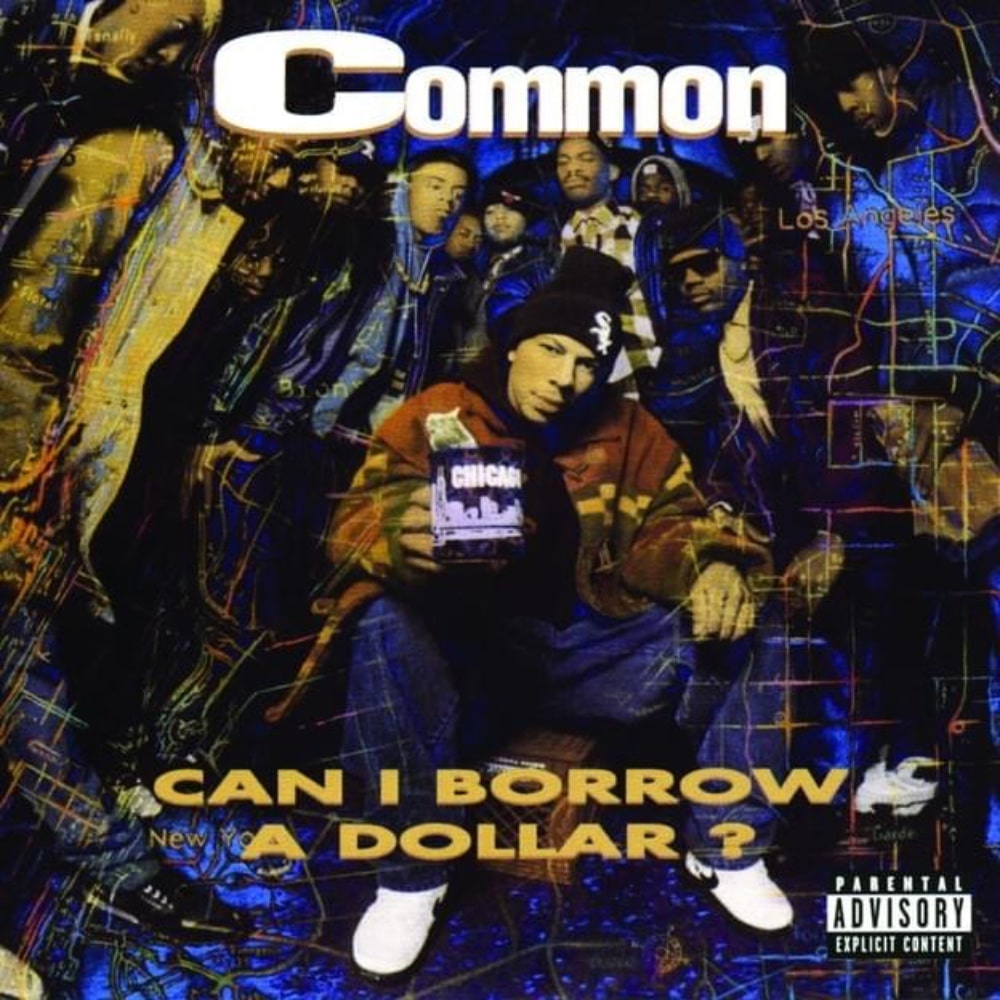
Released: October 6, 1992
Label: Relativity
Singles: “Take It EZ”, “Breaker 1/9”, “Soul by the Pound”
Features: Immenslope, Miss Jones and Rayshel.
With his debut Can I Borrow a Dollar?, the Chi-Town MC, then known as Common Sense, helped put Chicago’s hip hop scene on the map. The record stood out for its minimalist production, complementing the rapper’s idiosyncratic vocals with laid-back jazz-infused loops. Lyrically eclectic, it swung from lighthearted verses to more hard-hitting commentary. Standouts like “Charms Alarm” and “Take It EZ” left a mark with their clear call-outs to imposters within the hip hop community. Despite some drift into aimlessness, this album served as a refreshingly less aggressive alternative to the predominant hardcore narratives of the time, making it one of the ’90s more underrated debuts.
Electric Circus
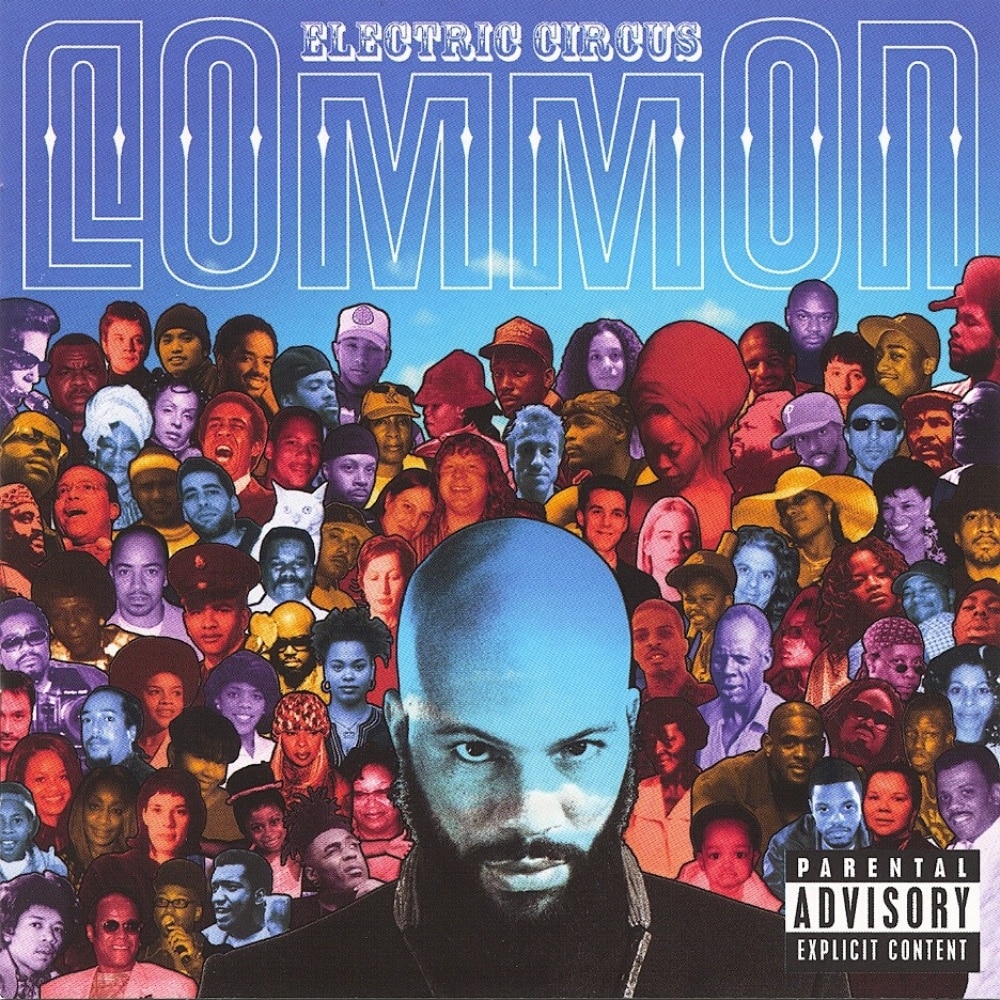
Released: December 10, 2002
Label: MCA, Universal
Singles: “Come Close”, “I Got a Right Ta”
Features: Vinia Mojica, Marie Daulne, Bilal, Sonny Sandoval, Omar, Dart Chillz, Mary J. Blige, Lætitia Sadier, Pharrell Williams, Cee Lo Green, Jill Scott, Erykah Badu, Lonnie “Pops” Lynn
The fearless artist ventured deep into experimental territory with his 2002 project, Electric Circus. Renowned producers ?uestlove, J Dilla, and The Neptunes lent their talents, helping push sonic boundaries and create a unique blend of rock and soul. The album housed gems like “Electric Wire Hustler Flower,” a showcase of rhythm, rhyme, and abstraction. Though a few features felt misplaced, and the tracklist ran longer than necessary, the effort was an audacious and sincere statement, encapsulating the essence of Common’s artistic spirit.
Let Love
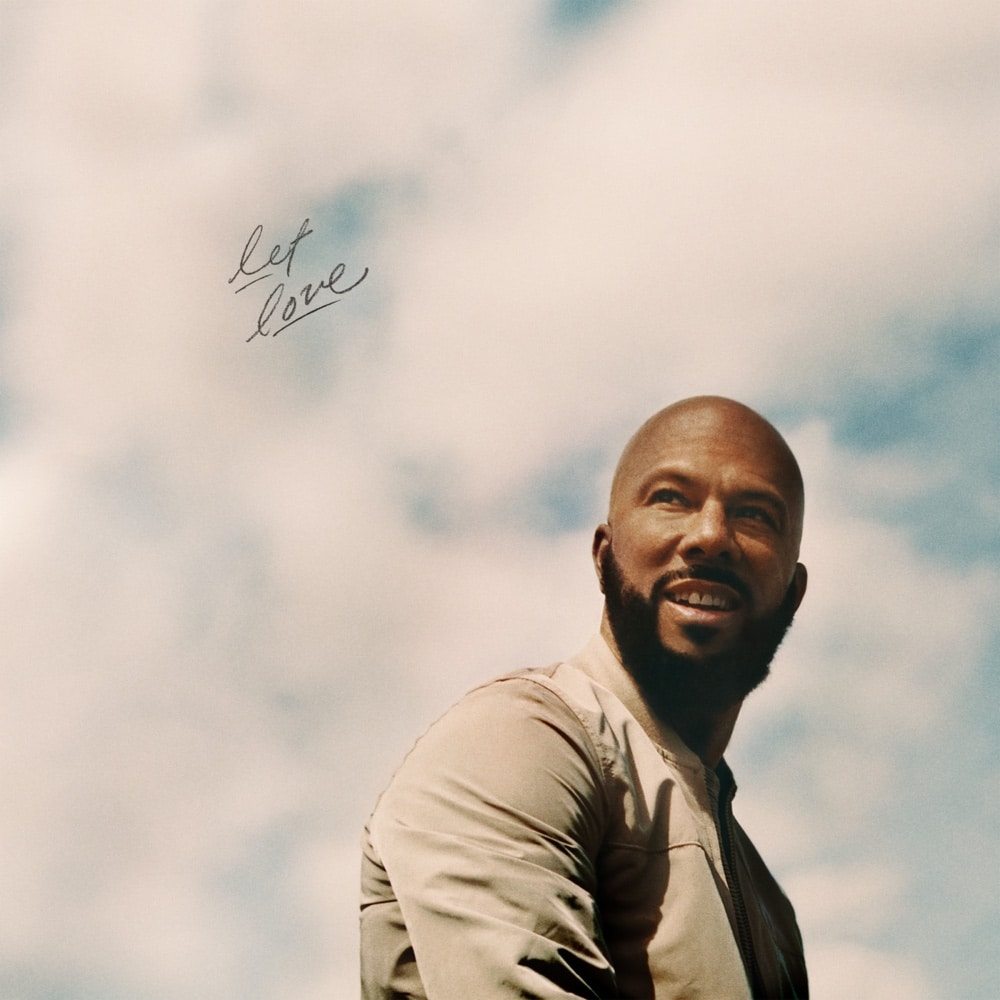
Released: August 30, 2019
Label: Loma Vista
Singles: “HER Love”
Features: Samora Pinderhughes, Daniel Caesar, Swizz Beatz, Leikeli47, BJ the Chicago Kid, A-Trak, Jill Scott, Leon Bridges, Jonathan McReynolds.
The Windy City’s lyrical virtuoso, best-known for his love-laden storytelling and keen insights, delves deep into familiar territory in Let Love. Sharing the stage with a diverse cohort of musical talents, his twelfth studio venture occasionally dips into repetitive motifs and an overuse of jazz elements that sometimes overwhelm Common’s relaxed vocals. Tracks such as “Good Morning Love” and “H.E.R. Love” offer a homage to his unrelenting commitment to hip hop culture. While the narrative is sincere and personal, the album falls short of the dynamic energy found in his earlier works.
A Beautiful Revolution (Pt. 2)

Released: September 10, 2021
Label: Loma Vista, Concord
Singles: N/A
Features: N/A
Echoing its predecessor, A Beautiful Revolution, Pt. 2 offers a continuation of the narrative of resilience, hope, and advocacy. Similar faces reappear, including the instrumental trio of Riggins, Travis, and Sharkey, and the impactful voice of PJ. Highlights include “Saving Grace,” where Brittany Howard’s bluesy gospel soul takes center stage, and “Get It Right,” lauding progressive societal shifts. Although there are fewer standout moments compared to Pt. 1, the album’s consistent positivity serves as a soothing balm for the soul, attesting to Common’s unwavering belief in the power of change.
A Beautiful Revolution (Pt. 1)

Released: October 30, 2020
Label: Loma Vista, Concord
Singles: N/A
Features: PJ, Black Thought, Chuck D, Jessica Care Moore, Lenny Kravitz, Morgan Parker and Stevie Wonder.
Accompanying the 2020 US presidential election, A Beautiful Revolution, Pt. 1 surfaced as a reflection of the socio-political climate. The Chicago-born rapper tackles weighty issues, referencing Breonna Taylor’s tragic killing and skepticism around COVID-19 vaccines. This societal critique, however, is skillfully balanced with his signature positivity and pride. The production, carried by Common’s familiar collaborators, is more live-sounding, offering a fusion of jazz, soul, funk, and Afrobeat. Tracks like “What Do You Say (Move It Baby)” and “Say Peace” reveal the depth of this union. Despite occasionally taking a step back from the spotlight, Common’s influence is tangible, underscoring the album’s relevance and commitment to combating social issues.
Black America Again
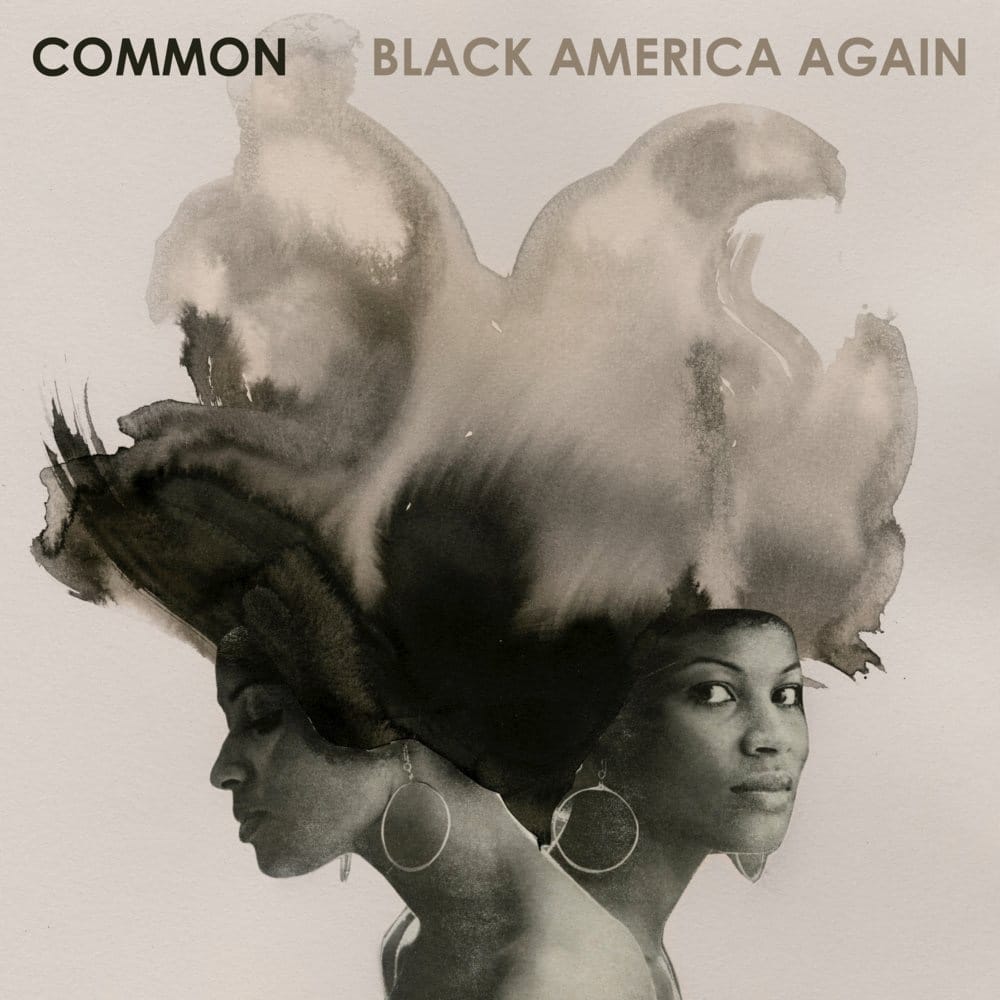
Released: November 4, 2016
Label: ARTium, Def Jam
Singles: “Love Star”, “Black America Again”
Features: Bilal, Stevie Wonder, Marsha Ambrosius, PJ, Syd, Elena, BJ the Chicago Kid, John Legend, Tasha Cobbs.
On Black America Again, Common renders a riveting portrait of systemic racism, stitching together intricate narratives that are as thought-provoking as they are potent. His storytelling prowess is in full display as he navigates through an array of themes including tragedy, hope, love, and grief. The incorporation of a variety of vocalists adds a choir-like depth to the soundscape. There are instances, however, where the seasoned rapper’s presence seems to enhance rather than lead the narrative. Even though the album holds moments of brilliance, the drive to produce a socially conscious piece occasionally overshadows the sheer musicality.
Finding Forever
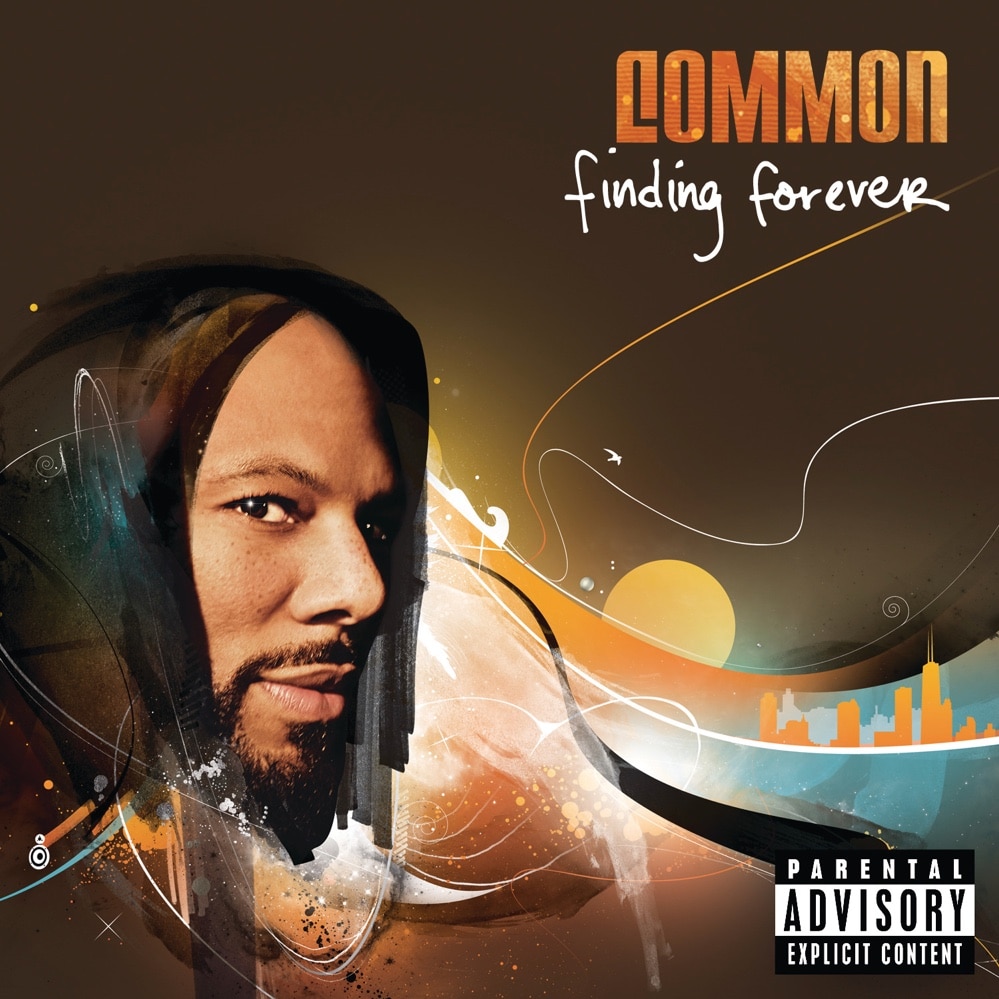
Released: July 31, 2007
Label: GOOD Music, Geffen
Singles: “The Game”, “The People”, “Drivin’ Me Wild”, “I Want You”
Features: Kanye West, Dwele, Lily Allen, will.i.am, Bilal, D’Angelo, J Dilla.
Finding Forever embodies the Chicago wordsmith’s quest for enduring relevance, an exploration of human experiences narrated through arresting beats and eloquent storytelling. Kanye West’s attempt to embody the late J Dilla’s creativity in production yields a result that feels slightly underwhelming when compared to his previous standards. Yet, the eloquence of his lyrical expressions manages to shine brightly, illuminating his mastery over wordplay and narrative. The track “So Far to Go,” a J Dilla production, emerges as a standout piece in the collection. Even with its weaker moments, Finding Forever serves as a testament to the rapper’s ability to discuss profound themes through music, even if it doesn’t match the energy of some of his more celebrated endeavors.
Nobody’s Smiling
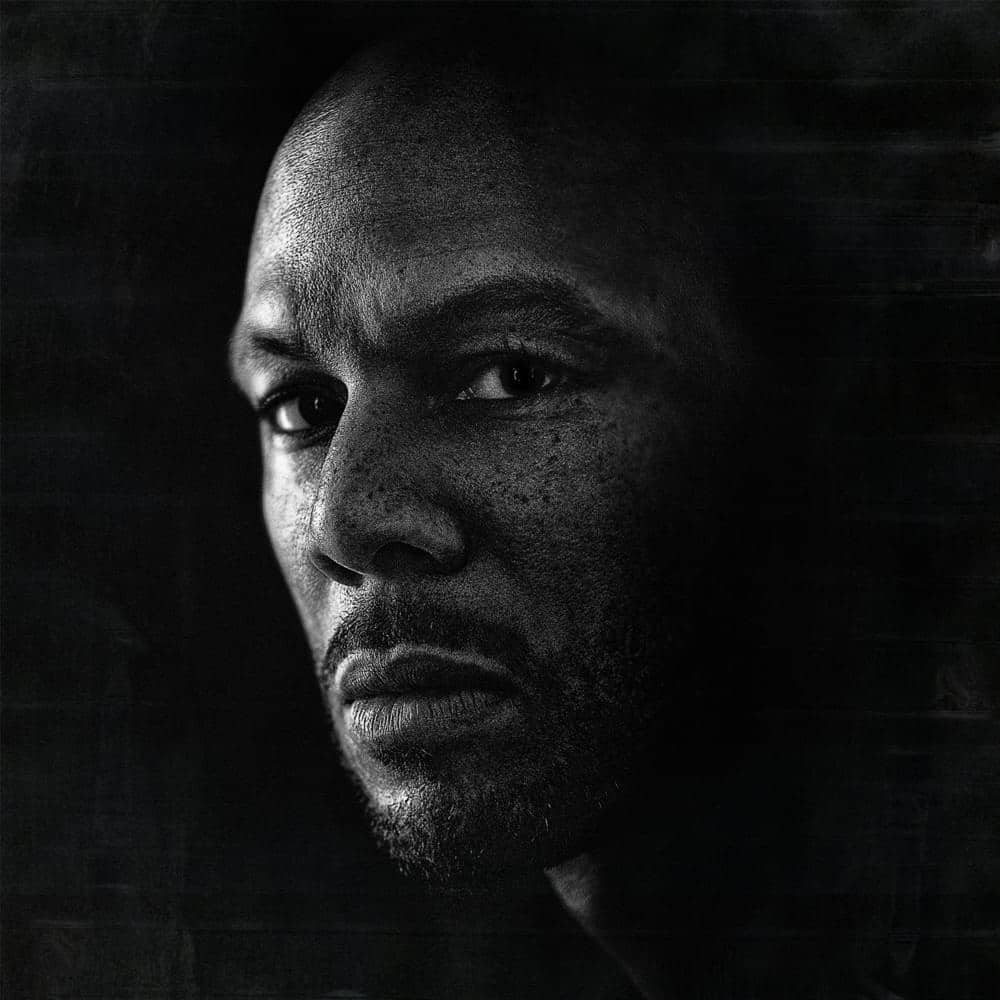
Released: July 22, 2014
Label: ARTium, Def Jam
Singles: “Kingdom”, “Speak My Piece”, “Diamonds”
Features: G Herbo, Big Sean, Jhené Aiko, Snoh Aalegra, Dreezy, Elijah Blake, Vince Staples and Cocaine 80s.
Nobody’s Smiling is a sharp commentary on the constant inner-city struggles, heavily influenced by the tragic state of the artist’s hometown, Chicago. Drawing inspiration from classics like Eric B. & Rakim’s “In the Ghetto” and Curtis Mayfield’s “The Other Side of Town,” it packs a punch with its evocative narratives and potent verses. The Emmy-winning lyricist collaborates with a slew of local talents, highlighting his affinity for his roots. With a seamless blend of character sketches and grounded perspectives, Nobody’s Smiling deals out some of his hardest and heaviest rhymes, proving to be an exemplary representation of his engagement with societal issues.
One Day It’ll All Make Sense
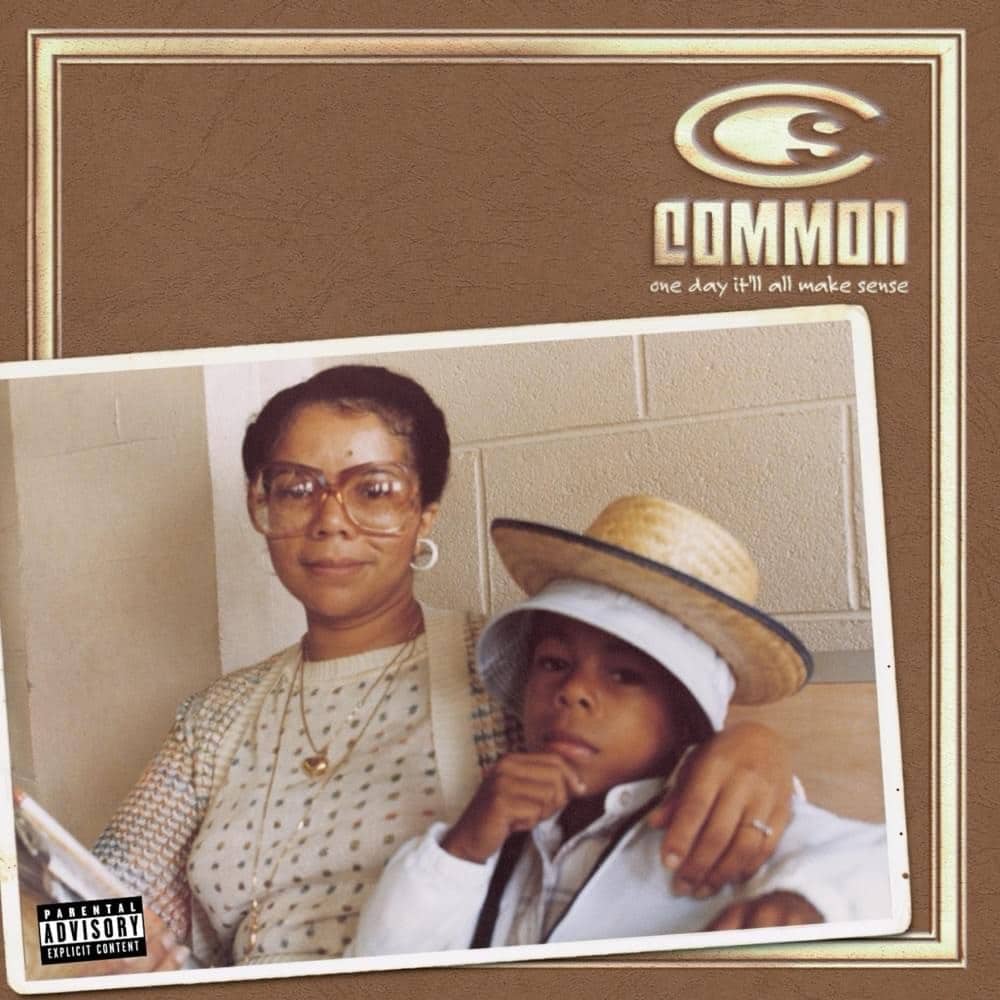
Released: September 30, 1997
Label: Relativity
Singles: “Retrospect for Life”, “Reminding Me (Of Sef)”, “All Night Long”
Features: Lauryn Hill, De La Soul, Cee-Lo, Malik Yusef, Erykah Badu, Black Thought, Q-Tip, Canibus, Lonnie “Pops” Lynn.
Marrying hip-hop with jazz and neo-soul, Common achieves a loose, organic flow in One Day It’ll All Make Sense, his third studio album. With profound depth and richness, it navigates through a complex tapestry of emotion, carrying an emotional impact unmatched by his contemporaries. The tracks “Retrospect for Life” and “G.O.D. (Gaining One’s Definition)” are particularly noteworthy, carrying an air of spirituality that marks the album as special. With its evocative lyricism and musical prowess, the record stands as an outstanding achievement in his discography.
The Dreamer/The Believer
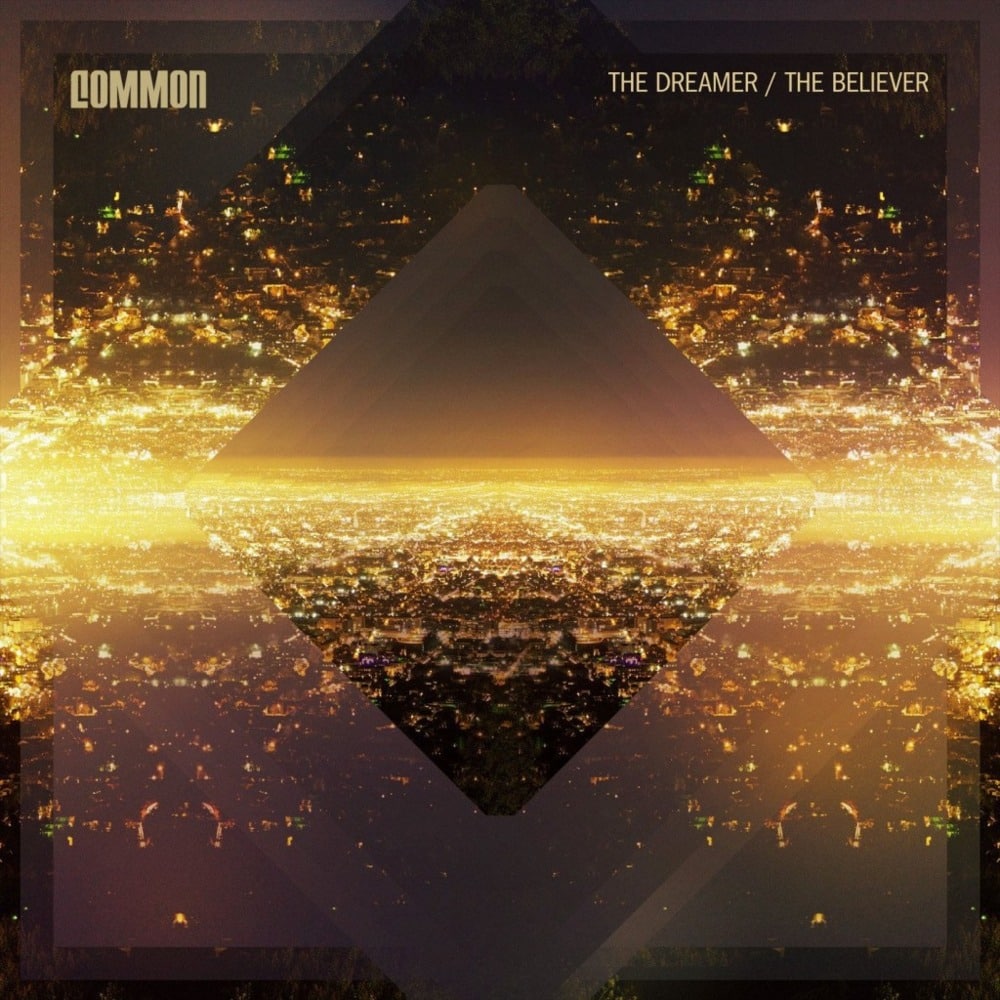
Released: December 20, 2011
Label: Think Common, Warner Bros
Singles: “Ghetto Dreams”, “Blue Sky”, “Sweet”, “Celebrate”, “Raw (How You Like It)”
Features: Maya Angelou, Nas, Makeba Riddick, John Legend.
Reuniting with longtime collaborator No I.D., this ninth studio endeavor returns to a soundscape bathed in organic instrumentation and dusty soul samples. Introspective, contemplative, and often wistful, it marks an impressive return to his more thoughtful roots. However, the record also strays into unexpected terrain, with gritty tracks like “Ghetto Dreams” and fiery rhymes in “Sweet”. Despite these diversions, the album’s best moments emit a warm radiance that resonates with listeners, harking back to his 2005 classic, Be.
Resurrection
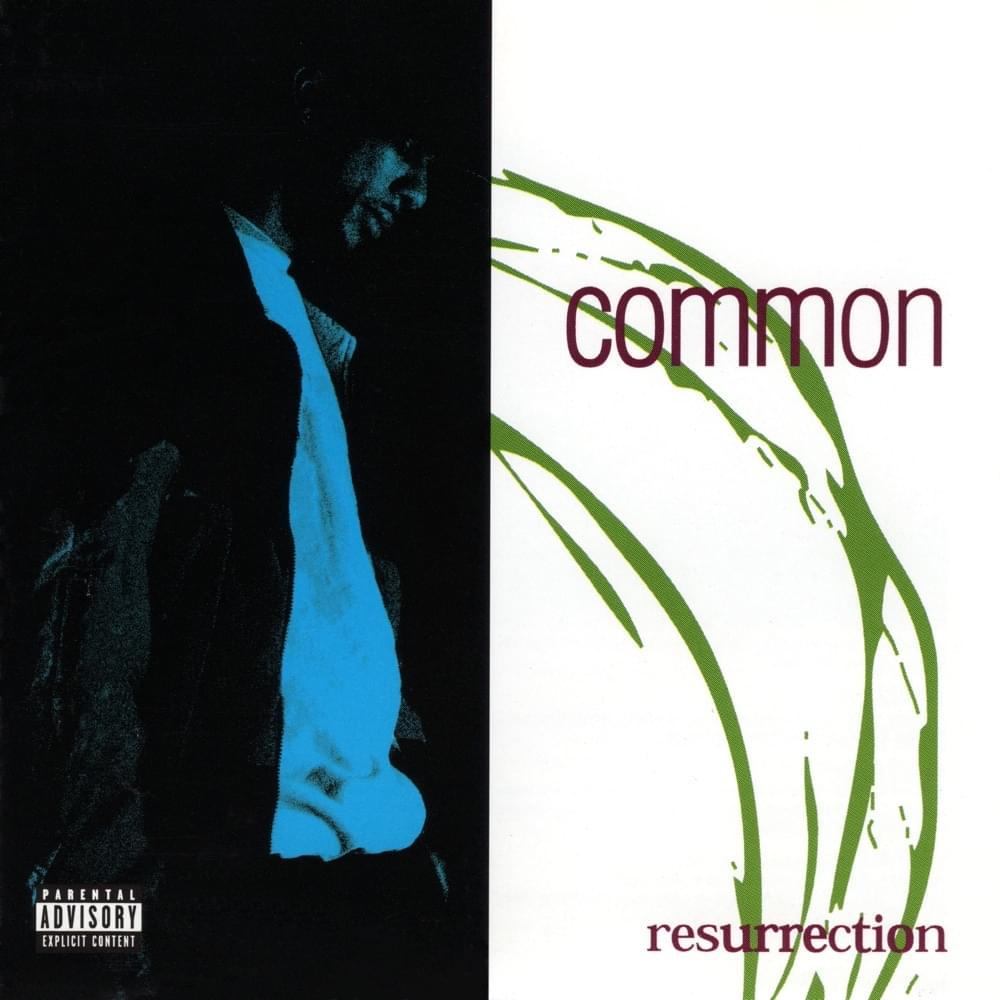
Released: October 25, 1994
Label: Relativity
Singles: “I Used to Love H.E.R.”, “Resurrection”
Features: No I.D., Mohammed Ali, The Twilite Tone, Lonnie “Pops” Lynn.
Resurrection, Common’s sophomore effort, stands as an epitome of timeless hip-hop classics, boasting an enduring freshness even decades after its release. Laced with wisdom, the album showcases his wit and creativity, from the jazzy “Soul By The Pound (Remix)” to the autobiographical “Book of Life”. His skillful wordplay and lyrical charm are in full display, embodying a sense of realism that was somewhat of a surprise for his fans at the time. The record is not devoid of drawbacks, however, with one standout track tragically bereft of lyrics. Nevertheless, it offers a deep dive into the mind of the artist, unafraid to portray his trials, tribulations, and life perspectives.
Like Water for Chocolate
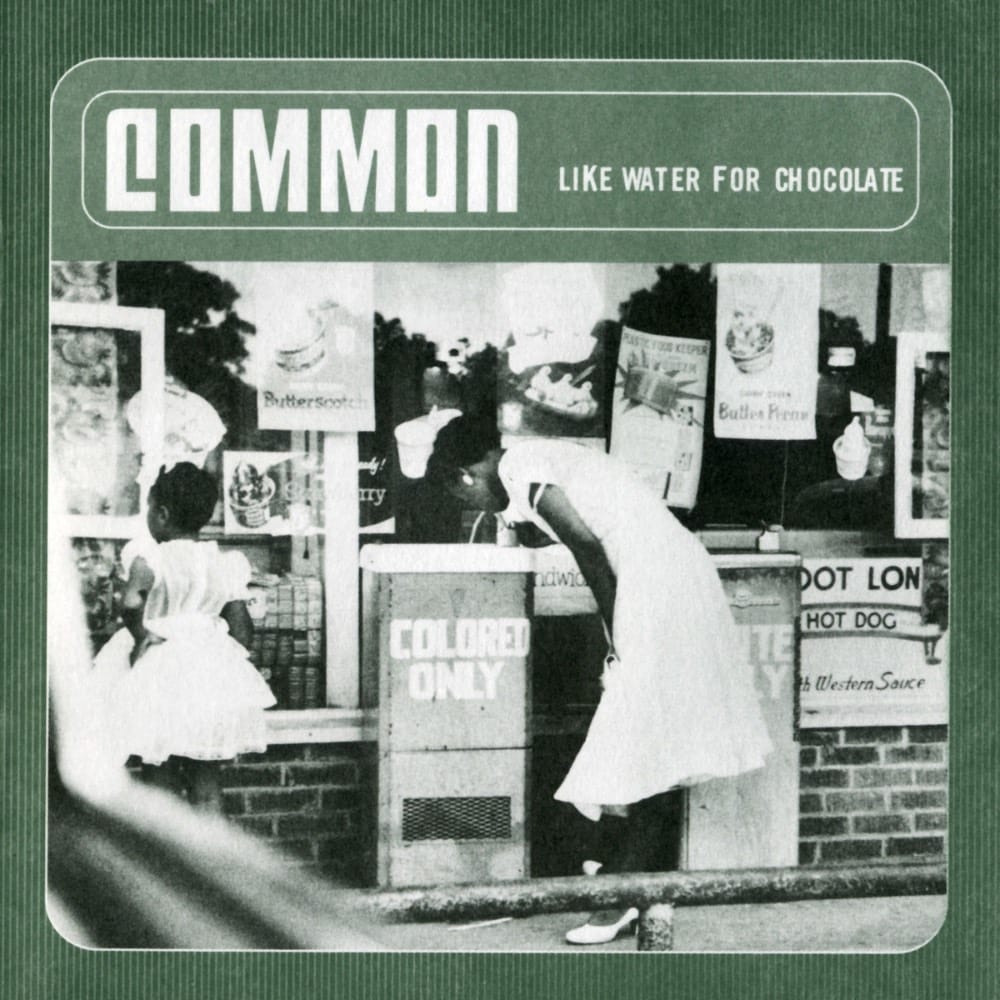
Released: March 28, 2000
Label: MCA, Universal
Singles: “The 6th Sense”, “The Light”, “Geto Heaven Remix T.S.O.I. (The Sound of Illadelph)”
Features: Vinia Mojica, Roy Hargrove, Femi Kuti, Bilal, Jill Scott, Mos Def, MC Lyte, Slum Village, D’Angelo, Cee-Lo Green.
Entering the new millennium, Common surfaced as a champion for the alternative rap scene with Like Water for Chocolate. A marriage of masterful production from the likes of ?uestlove, D’Angelo, the Soulquarians, DJ Premier, and notably, Jay Dee, resulted in an album that sounded like a resonant symphony from hip-hop’s underground. Common’s soulful and smooth-flowing lyrical charm shines through standout tracks like “The Light” and “The 6th Sense”, connecting with listeners on a deeper level. Far from a utopian echo chamber, the album delves into edgier territories with “A Film Called (Pimp)” and “Payback Is a Grandmother.” Its richness, even with its occasional excesses, signalled a leap forward, making it an emblem of Common’s growing significance in the rap game.
Be
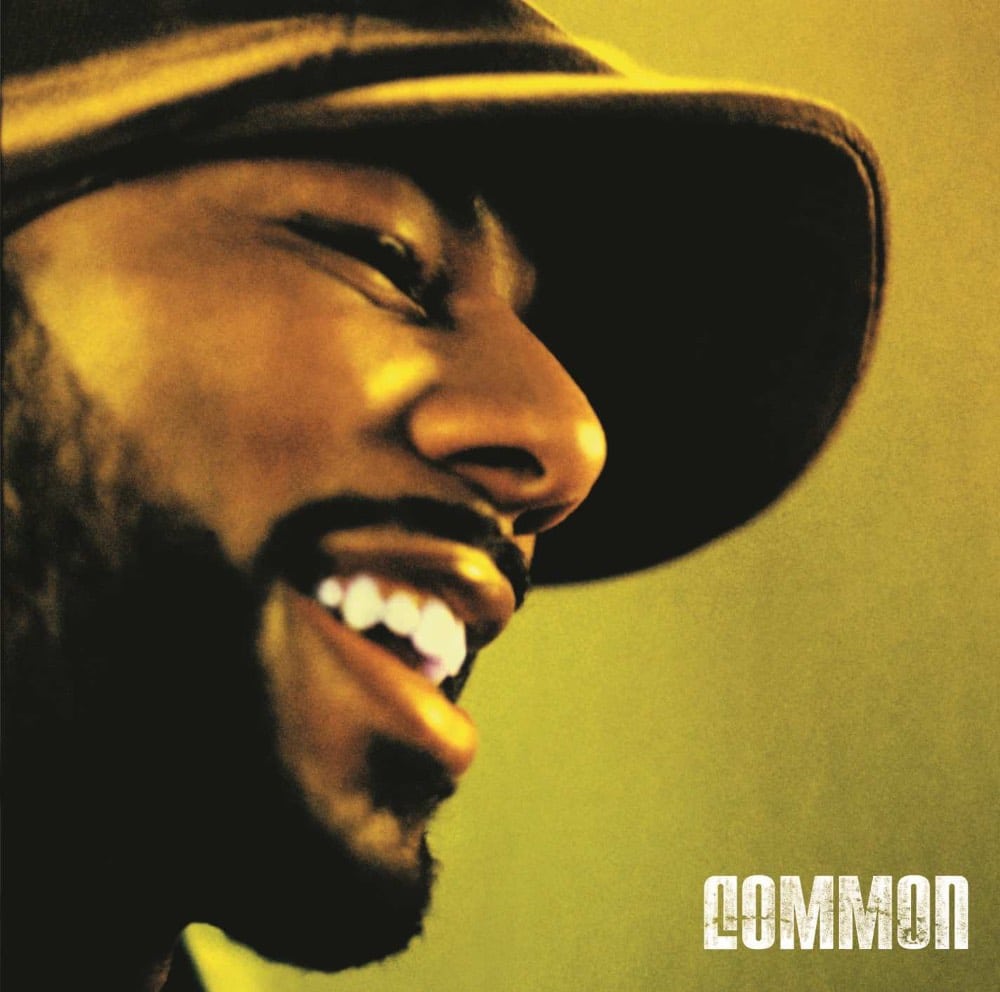
Released: May 24, 2005
Label: GOOD Music, Geffen
Singles: “The Food”, “The Corner”, “Go!”, “Testify”, “Faithful”
Features: Umar Bin Hassan of the Last Poets, John Mayer, Kanye West, John Legend.
Sometimes, less is more, and Be is the epitome of that axiom. While his previous project Electric Circus polarized fans with its sonic exploration, Be saw Common delivering an incredibly concentrated, back-to-basics yet progressive body of work. The collaboration with Kanye West and Dilla offered a sound that reverberated with the warmth of ’70s soul and jazz, yet the album was far from monotonous. With a succinct tracklist and lean runtime, the album let tracks like “The Corner” shine in their rightful places, while Common’s narratives were delivered more like quiet observations than preachy rants. Be may not be groundbreaking, but its exquisite construction and depth make it a quintessential Common release and arguably his best album to date.
